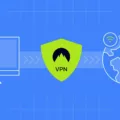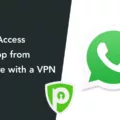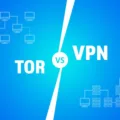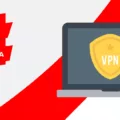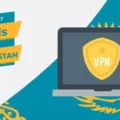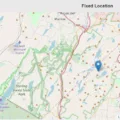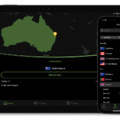Have you ever felt concerned about your online privacy when using public Wi-Fi? Do you wish there was a way to protect your connection and data from hackers and other third parties? If so, a Virtual Private Network (VPN) may be the solution for you.
A VPN is a service that creates an encrypted tunnel for your internet traffic and disguises your online identity by hiding your IP address. This makes it more difficult for anyone to track your activities or steal your data while using public networks. With a VPN, you can access websites, streaming services, and apps without worrying about anyone snooping in on what you’re doing.
When using a VPN, all of the data that passes through the tunnel is encrypted and secure. This means that even if someone were to intercept the data, they would not be able to read or use it in any way. Additionally, VPNs allow you to change locations and access content that may be blocked in certain countries or regions.
There are several different types of VPNs available on the market today. Some of them are based on subscription plans while others are free but have limited features. It’s important to research which type of VPN is right for you before signing up as some may not be suitable for certain tasks or offer the same level of protection as others.
Setting up a VPN connection is easy and most providers will have step-by-step instructions on their website. Generally, all you need to do is enter your username and password into the settings menu of your device or app and then connect to the server location of your choice. Once connected, all of your internet traffic will be routed through the secure tunnel created by the VPN provider so that no one else can monitor it.
Using a virtual private network can help give you peace of mind when connecting to public networks or browsing online. They also provide an additional layer of security for sensitive transactions such as banking or shopping online. So if privacy is important to you then setting up a VPN could be worth looking into!
Setting Up a VPN
Setting up a VPN is easy and straightforward! First, open your phone’s Settings app and tap on Network & internet. Then, tap on the VPN tab (if you can’t find it, try searching for “VPN”). Once you’re in the VPN section, you will be able to select the VPN you want to use. Enter your username and password when prompted and then tap Connect. If you’re using a VPN app, it should automatically open once the connection is established. That’s it — you’re now connected to your VPN!
The Benefits of Using a VPN
A Virtual Private Network (VPN) is an important tool that can help keep your data and personal information secure while using the internet. A VPN creates a secure, encrypted connection between your device and a server, allowing you to browse the web anonymously and securely. With a VPN, all of your online traffic is transmitted through an encrypted tunnel, making it much more difficult for third parties to track your activities online or intercept your data. This makes it nearly impossible for hackers to access any of your sensitive information. Additionally, many VPNs can also be used to get around geo-restrictions and access content that may not be available in certain countries. By using a VPN, you can ensure that your online activities are always kept private and secure.
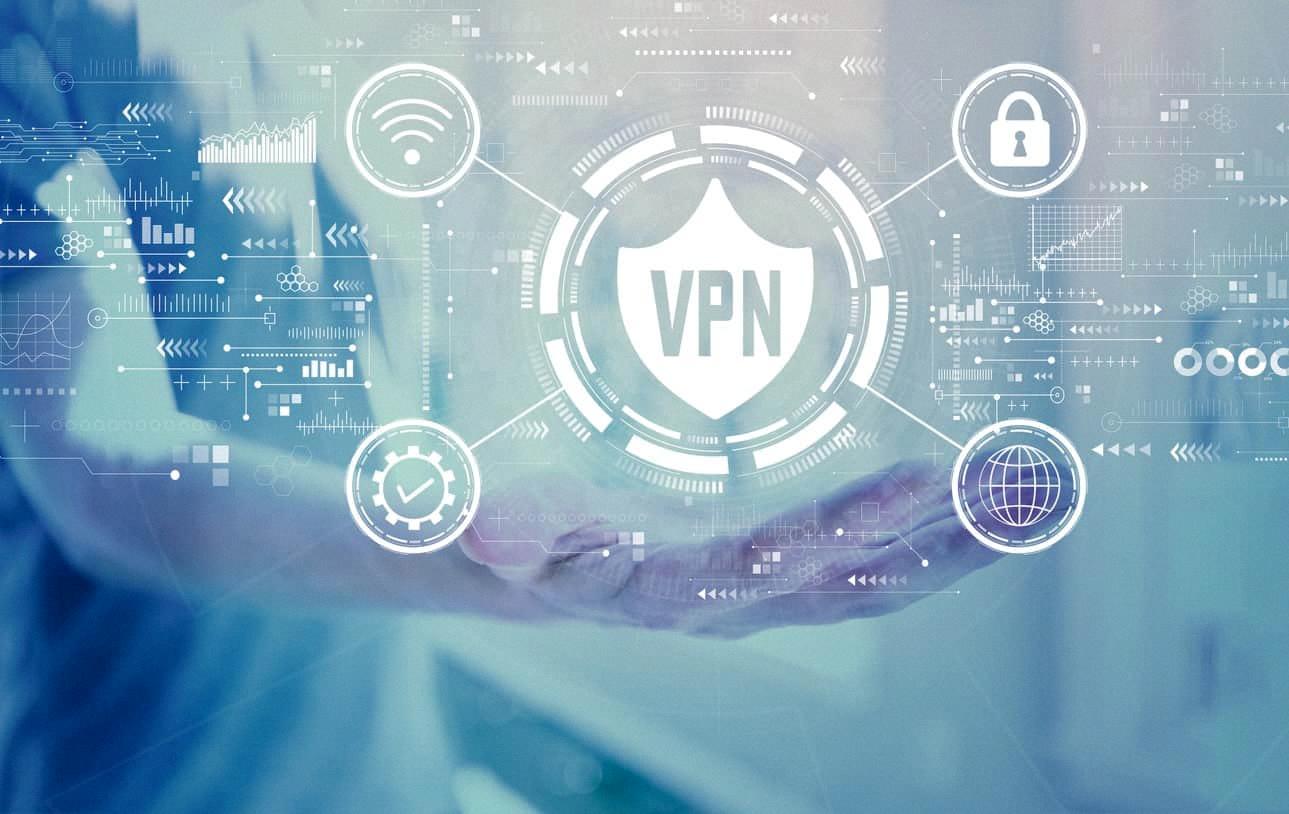
Source: kaspersky.com
Understanding VPN and How It Works
A virtual private network, or VPN for short, is a type of secure connection that allows you to access the internet without exposing your data to potential threats. It is a way of creating an encrypted tunnel between your device and the internet. By doing this, it masks your IP address and encrypts all data sent and received while connected. This means that anyone attempting to intercept your data would only see encrypted, unreadable information.
VPNs are used to protect online activity from being monitored by cybercriminals, government agencies, and even ISPs who can monitor what websites you visit. They also enable you to access geo-restricted content, bypass censorship, or access services blocked in certain countries.
For example, if you’re located in China where many popular websites are blocked, you could use a VPN to bypass the restrictions and access them as if you’re in another country. In addition, using a VPN can help protect your data if you’re using public Wi-Fi networks as hackers are known to set up malicious hotspots designed to steal personal information.
Generally speaking, when you connect with a VPN service provider it establishes an encrypted connection with one of their servers located in a different location around the world. When this happens all of your data is routed through the server which makes it appear as though you’re accessing websites from that particular location instead of yours. This makes it more difficult for anyone monitoring your activities online because they won’t know where exactly you are connecting from or what sites you’re visiting.
Cost of a VPN
The cost of a VPN varies depending on the provider and the type of service you are looking for. Generally speaking, monthly plans are usually around $10 per month, but you can save money by opting for longer terms such as an annual or two-year contract. On average, annual contracts typically cost around $8.41 per month, while two-year contracts tend to be even more affordable at about $3.40 per month.
In addition to the basic monthly fee, some VPNs may offer additional services such as ad blocking, malware protection, and other features that can increase the overall cost of your subscription. It’s important to check with each provider before signing up so that you can get an accurate estimate of what your total cost will be.
Checking If You Have a VPN
If you’re using a computer, the easiest way to check if you have a VPN is to open up your system tray (or “notification area”), which is usually located in the bottom-right corner of your screen. Look for an icon that resembles a lock or key. If you find one, it’s likely that you have a VPN installed on your computer.
If you’re using an Android or iOS device, the easiest way to check if you have a VPN is to navigate to your settings application, click network, and then see if you’re running a VPN/proxy. It may also be helpful to check with your company’s IT people to see if the WiFi is set up with a VPN/proxy.
Does a VPN Make You Anonymous?
No, a VPN does not make you completely anonymous online. While a VPN may help to obfuscate your IP address and encrypt your traffic, it will not make you fully anonymous. A VPN can help to protect your data and hide your identity when using the internet, but it cannot guarantee complete anonymity. Even if you are using a reputable VPN provider, there are still many potential risks of being tracked online. It is important to take steps such as using strong passwords and avoiding dangerous websites in order to remain as anonymous as possible while using the internet.
Conclusion
In conclusion, a VPN connection is an important tool for protecting your online privacy and security. It creates an encrypted tunnel for your data, hides your IP address, and allows you to use public Wi-Fi hotspots safely. Additionally, it makes it more difficult for third parties to track your activities online and steal data. A VPN connection is essential for anyone who wants to protect their online identity and keep their data safe from prying eyes.

